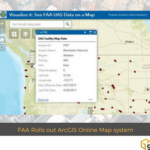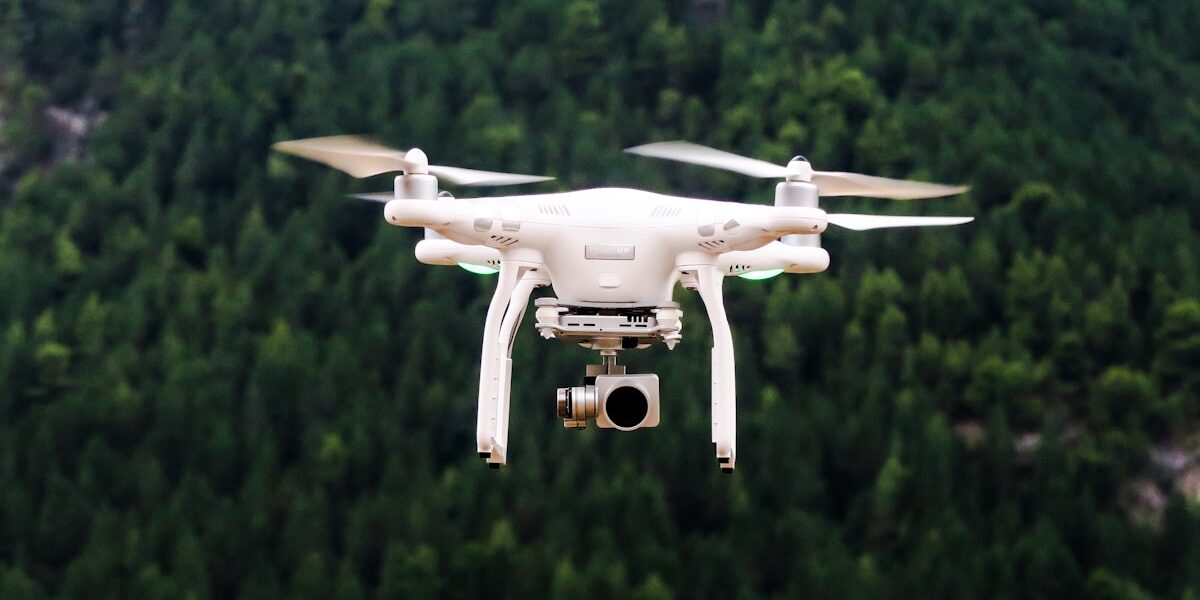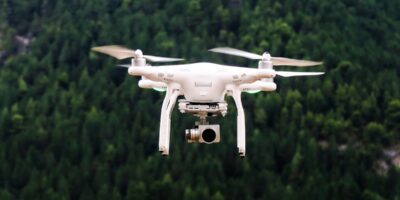
Drone Operator Test Preparation
Understanding the Requirements
Operating a drone professionally requires certification. Different countries have various regulations. In the US, aspiring drone operators must pass the Part 107 test. This is administered by the Federal Aviation Administration (FAA).
Basic Knowledge Areas
The Part 107 test covers specific topics. The primary areas include:
- Regulations: Rules concerning drone operation. These include weight limits, flying over people, and airspace restrictions.
- Airspace Classification & Requirements: Understanding the different classes of airspace (A, B, C, D, E, G) and the corresponding restrictions.
- Weather: Basics of meteorology, including how weather affects drone operations.
- Loading & Performance: How weight and balance affect flight performance.
- Emergency Procedures: Knowledge of handling in-flight emergencies.
- Maintenance & Pre-flight Inspection: Proper maintenance and pre-flight inspection protocols.
Study Tips
Preparation is key to passing the Part 107 test. Here are some effective study strategies:
- Get the Official Study Guide: The FAA provides study guides. These contain valuable information.
- Online Courses: Many online courses are specifically designed for the Part 107 test. These include video tutorials and practice quizzes.
- Practice Tests: Taking practice tests will familiarise you with the test format and types of questions. It’s a good way to assess your readiness.
- Join a Study Group: Studying with others can provide different perspectives and help with understanding complex topics.
- Flashcards: Useful for memorizing key concepts, especially regulations and airspace classifications.
Practical Preparation
Understanding theory is necessary, but practical experience is equally important. Ensure you spend time flying your drone under different conditions.
- Simulated Flights: Simulators can help you practice without the risk of damaging your drone.
- Field Practice: Practice in real-world conditions to become comfortable handling your drone.
Airspace and Flight Restrictions
One of the major areas where drone operators typically struggle is understanding airspace and flight restrictions. Airspace in the United States is divided into six classes. Knowing where you’re allowed to fly is crucial.
- Class A: This is the airspace from 18,000 feet mean sea level and above. Drones cannot operate here.
- Class B, C, D: Surrounding major airports, typically requiring explicit permission to operate.
- Class E: From 700 or 1200 feet above ground level to 18,000 feet mean sea level. Generally, permission is required.
- Class G: This is uncontrolled airspace, usually from ground level up to 700 or 1200 feet. This is where most drone operations occur.
Weather Knowledge
Weather affects drone operations significantly. Understanding weather patterns, cloud formations, and how to read weather forecasts is essential. Key elements include:
- Wind: Knowing the maximum wind speed your drone can handle.
- Temperature: Operating in extreme temperatures can affect battery life and performance.
- Precipitation: Flying in rain or snow usually isn’t advisable.
- Visibility: FAA requires at least 3 statute miles of visibility when operating a drone.
Emergency Procedures
Emergency preparedness is part of being a responsible drone operator. Common emergencies and tips to handle them include:
- Loss of Signal: Ensure your drone returns to home automatically.
- Low Battery: Set your drone to alert you before the battery critically depletes.
- Obstacle Collision: Keep your drone in line-of-sight and avoid risky areas.
Maintenance and Pre-flight Inspection
Regular maintenance and thorough pre-flight inspections can prevent many common issues. Make sure to:
- Check Battery Health: Healthy batteries ensure longer flight times.
- Inspect Propellers: Damaged propellers can cause instability.
- Firmware Updates: Ensure your drone’s firmware is up to date.
Registration and Licensing
Before taking off, drone operators must ensure their drones are registered with the FAA. Additionally, having your Remote Pilot Certificate allows you to operate legally.
Ethical Considerations
Being a drone operator comes with responsibilities. Respect privacy and fly responsibly. Avoid flying over people and private properties without permission. Adhere to local regulations to promote safe and responsible flying practices.
Conclusion
“`



